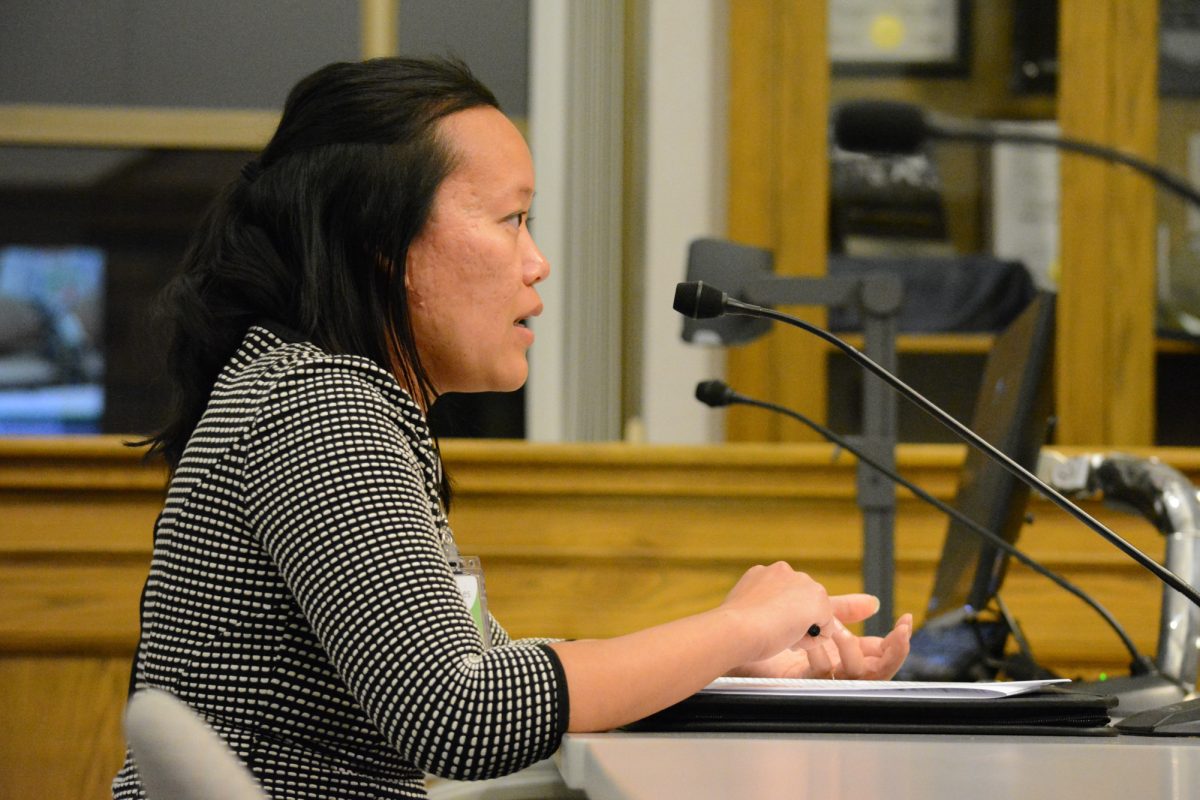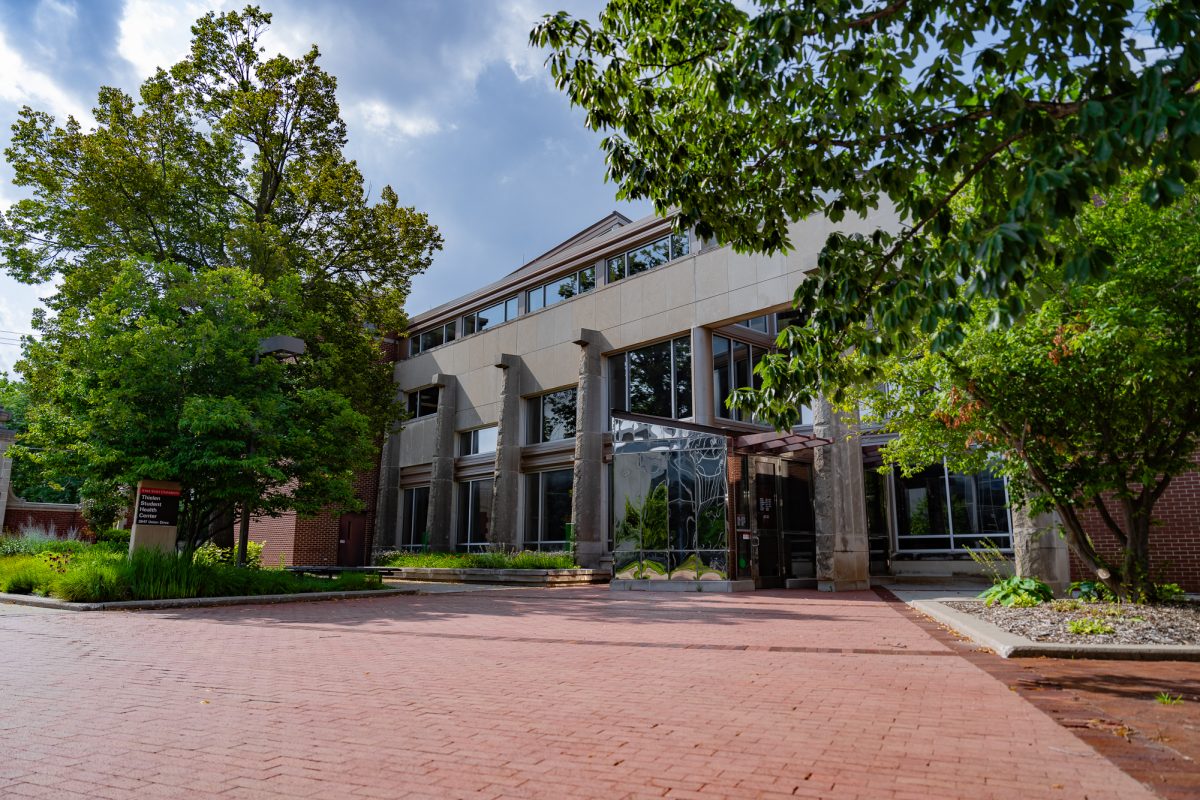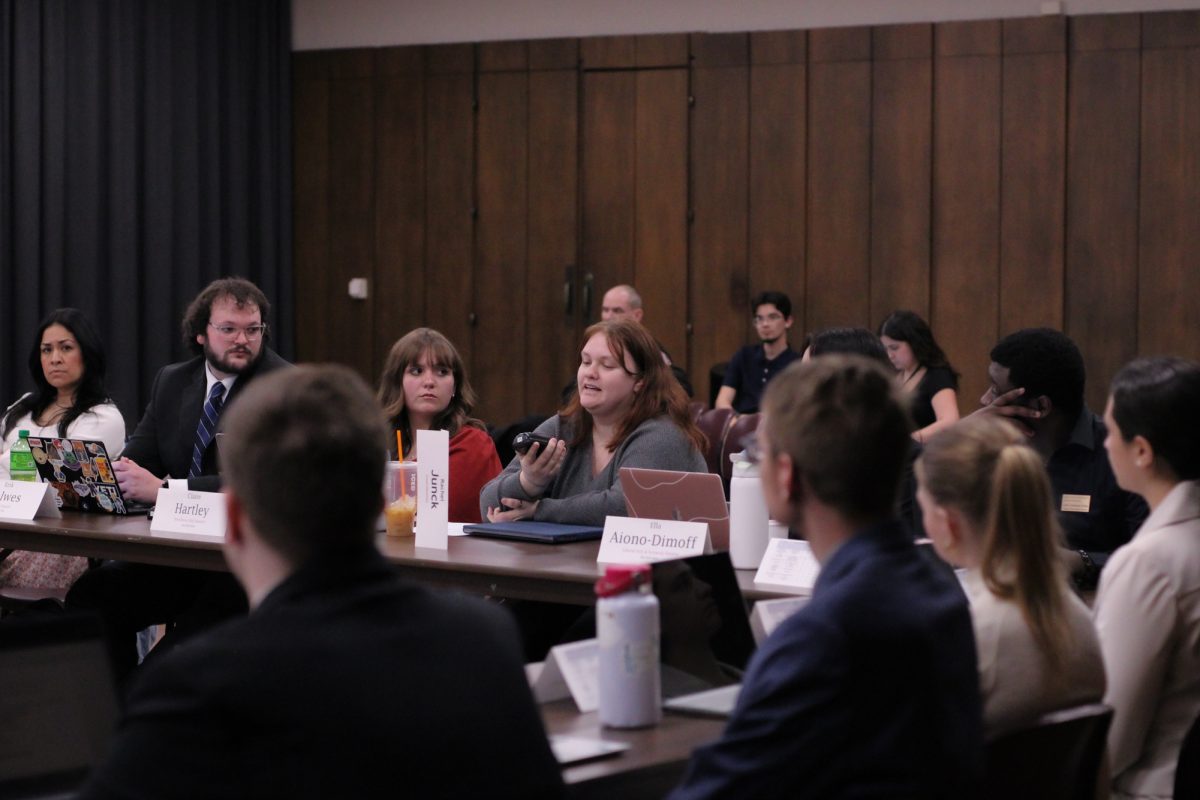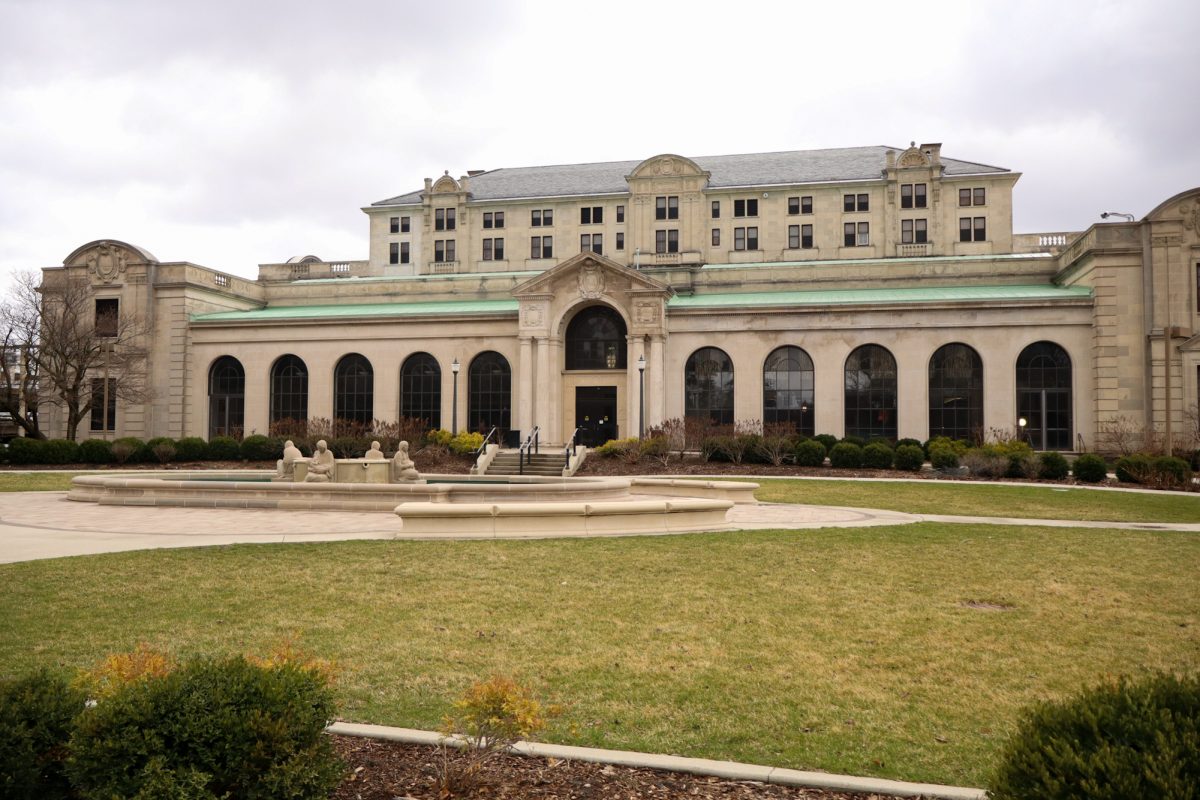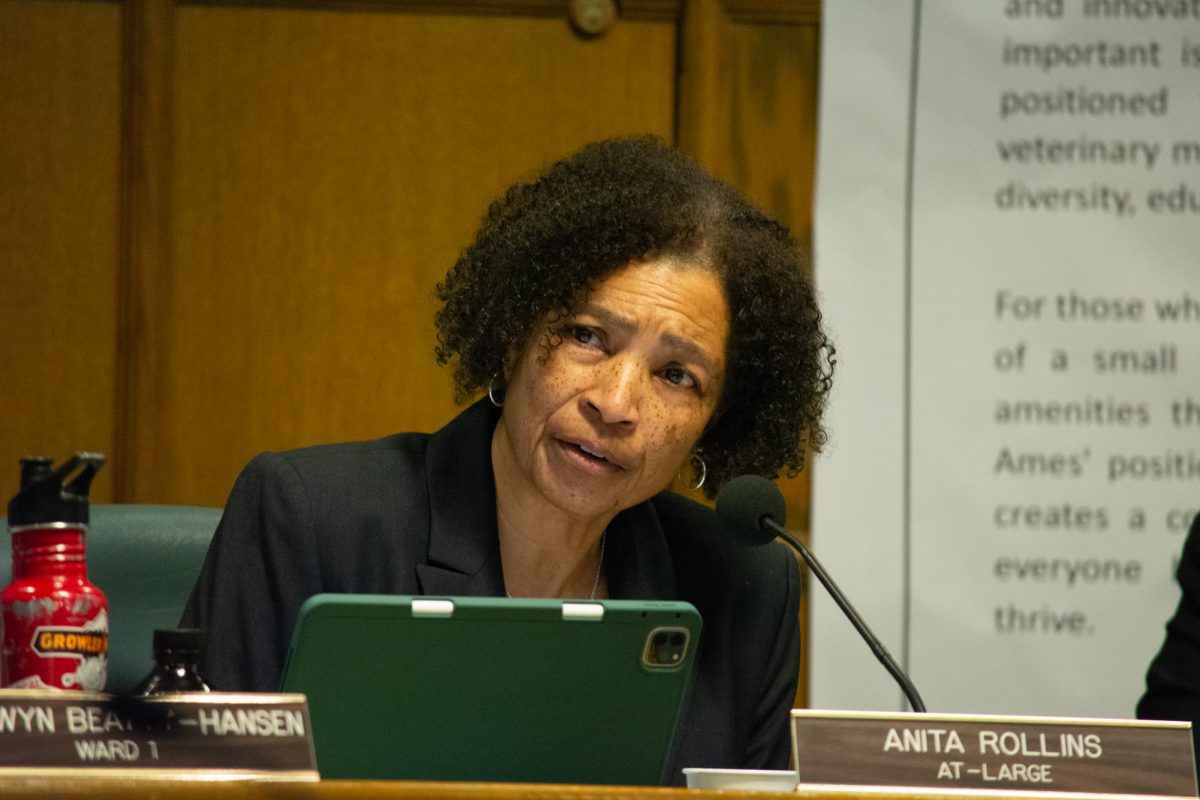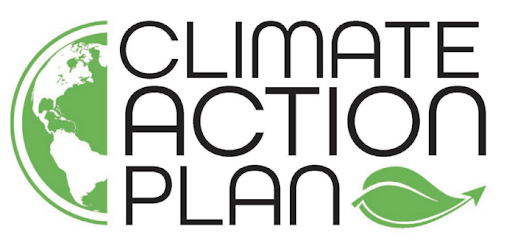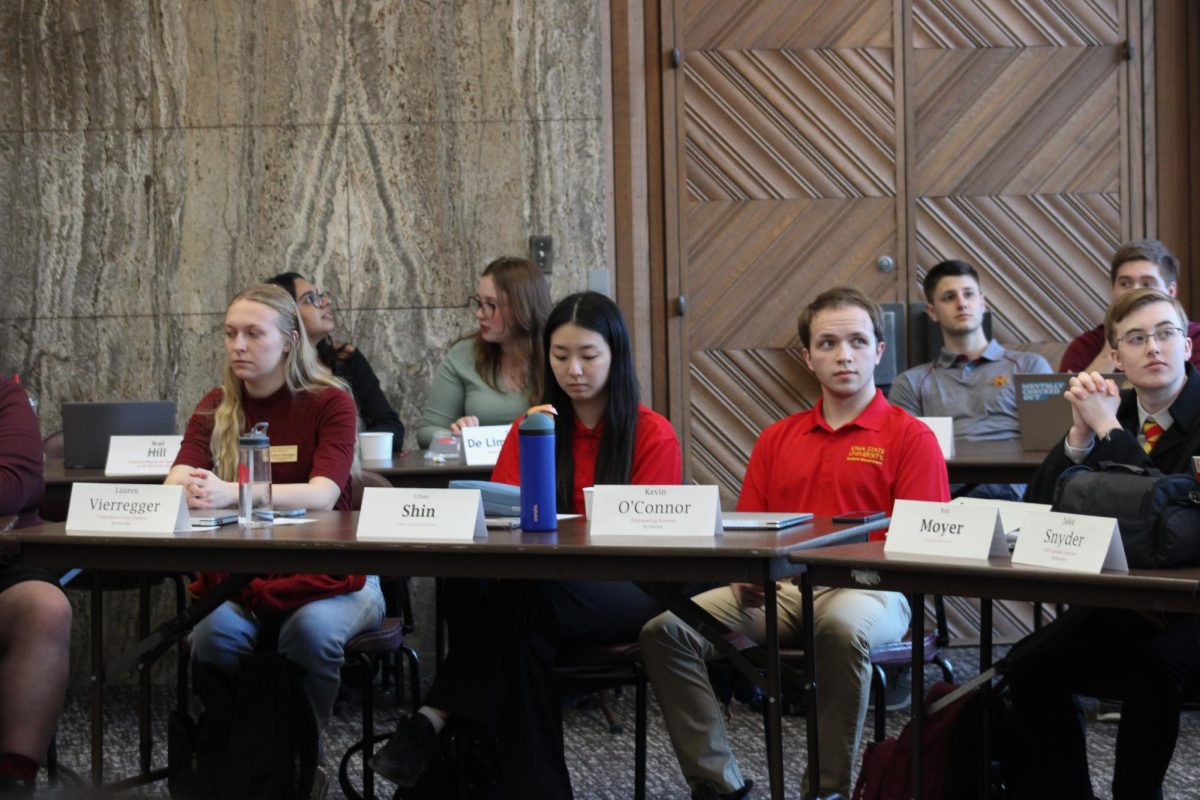The Ames City Council provided additional funds for homeless outreach before winter, approved a tax abatement for stores and saw an update on the Climate Action Plan.
Abatement
The City Council has approved a five-year partial property tax abatement to encourage the construction of a new furniture store on S.E. 5th Street, located between Target and Walmart.
The development will house Ashley HomeStore and Furniture Mart, with a combined estimated value of $7 million and projected annual sales of $9 to $10 million. The approved tax incentive encourages the company to begin the project immediately. The project is slated to start by May of next year, and construction is estimated to finish within 18 months of the start date.
The furniture store will fill a gap as Ames lacks a large-scale retailer. Project Manager Troy Eichmann emphasized that this family-owned business will support the community while offering various affordable options.
“We try to cater to the variety,” Eichmann said. “Because the community really has a wide variety of people.”
According to Cory Price, Eichmann’s brother and partner, the store is expected to hire “between 20 to 25 employees.” It aims to benefit Ames residents and the local economy by retaining local spending and generating increased sales tax revenue. The city of Ames receives 1 cent per sale, with 60% of all sales tax allocated to reducing home prices.
Homelessness funding
The City Council allocated $15,000 from its Contingency Fund to support homelessness initiatives in partnership with ISU Extension and Outreach. These initiatives include asset mapping, identifying current services available to homeless individuals, highlighting gaps and suggesting ways to enhance collaboration between agencies helping people experiencing homelessness.
Half of the funds will go to homeless outreach in the area, with volunteers asking homeless individuals to document their experiences and challenges and provide them with essential goods.
A recent brainstorming session drew 55 attendees to discuss better community support, highlighting an increase in homelessness likely linked to rising housing costs and migration from other cities. Attendees highlighted challenges to people experiencing homelessness that they felt Ames still needed to work on, such as housing costs, mental health services, document application fees, and transportation.
ISU and other stakeholders are gathering information, with a detailed report expected by the end of December. Winter preparedness was also discussed, with the council aiming to address pressing needs before severe weather arrives.
“Rather than wait until warm weather comes around again, we better seize the opportunity while we have it,” said Assistant City Manager Pa Goldbeck.
Climate Action Plan
The city of Ames shared an update on implementing its Climate Action Plan for 2024. Highlights include:
- New Leadership: Ames hired a full-time Sustainability Coordinator in July 2024 to spearhead CAP efforts.
- Renewable Goals: Plans to expand renewable energy and increase recycling. Currently, only 3% of all waste in Ames is recycled.
- Electric Vehicles: The city is transitioning its municipal fleet to electric vehicles. These do not include Cyride buses, although there are plans to electrify CyRide in the future.
- Recycling Map: In collaboration with Iowa State University, Ames is developing a recycling map to instruct citizens where to dispose of certain materials.
Water and Pollution Control
The city of Ames also provided updates on lead service line regulations. The water leaving the city’s facility is lead-free. However, older private lead pipes could introduce contamination.
Of 12,475 service lines in Ames, 147 (1.2%) are lead, and 97 (0.7%) are galvanized downstream of lead.
On November 13, 2024, letters will be sent to the 244 affected properties, offering free water testing and annual updates.
Ames plans to offer financial incentives to replace lead pipes, including full-cost coverage for eligible low-to-moderate-income households to replace lead pipes. Details will be finalized in the January Capital Improvements Plan. Federal regulations mandate replacing 10% of lead service lines annually starting in 2027, with a completion deadline of 2037.


